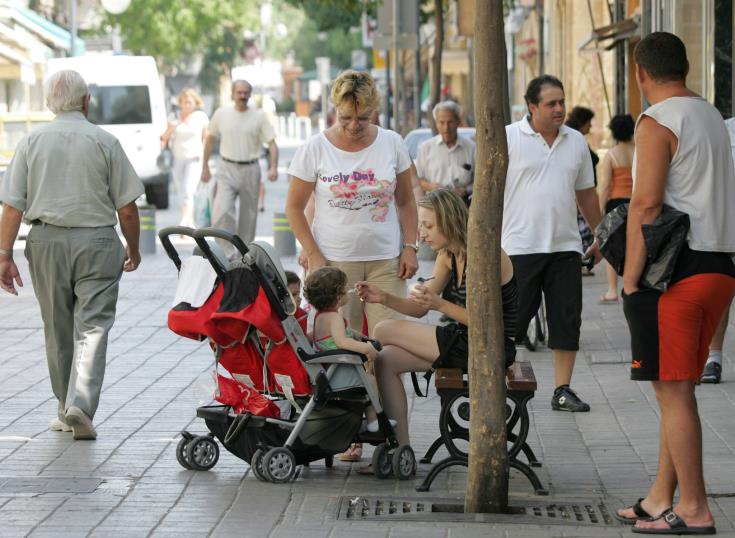The Commission has decided to send a reasoned opinion to 11 countries, including Cyprus, for failing to nationally transpose EU rights on Work-Life Balance for parents and carers.
The process could result in financial sanctions against Cyprus if the situation is not remedied within two months.
The other affected countries are Belgium, Czechia, Ireland, Greece, Spain, France, Croatia, Luxembourg, Austria and Slovenia.
This Directive aims to foster equal participation of men and women in the labour market by encouraging equal sharing of care responsibilities between parents.
It ensures that fathers have the right to take at least ten working days of paternity leave around the time of birth of the child.
The Directive also establishes a minimum of four months of parental leave, with at least two of the four months paid and non-transferable from one parent to another.
It establishes five working days per year of carers’ leave for workers providing personal care or support to a relative or person living in the same household.
In addition, it gives all carers and working parents of children up to eight years old the right to request flexible working arrangements.
The transposition deadline for the Directive was 2 August 2022.
On 21 September 2022, the Commission sent letters of formal notice to 19 Member States for failing to communicate measures to transpose this Directive.
After analysing their replies, the Commission found that the Directive is still not fully transposed in 11 Member States.
Therefore, they decided to take further action in the infringement procedures by sending a reasoned opinion.
Cyprus has two months to take the necessary measures to comply with the reasoned opinion.
Otherwise, the Commission may refer them to the EU Court of Justice.
Seasonal Workers
Brussels has opened infringement proceedings by sending formal notice to Cyprus for failing to transpose in a fully conformed manner all provisions of the Seasonal Workers Directive.
The other member states are Belgium, Bulgaria, Germany, Estonia, Greece, Italy, Latvia, Lithuania and Luxembourg.
The Directive aims to ensure fair and transparent rules for the admission of third-country seasonal workers to the EU.
It also aims at granting decent working and living conditions, equal rights and sufficient protection from exploitation.
Ensuring the full respect of the Seasonal Workers Directive is an important prerequisite for attracting the workforce needed for seasonal work to the EU. It could also contribute to reducing irregular migration, according to the Commission.










